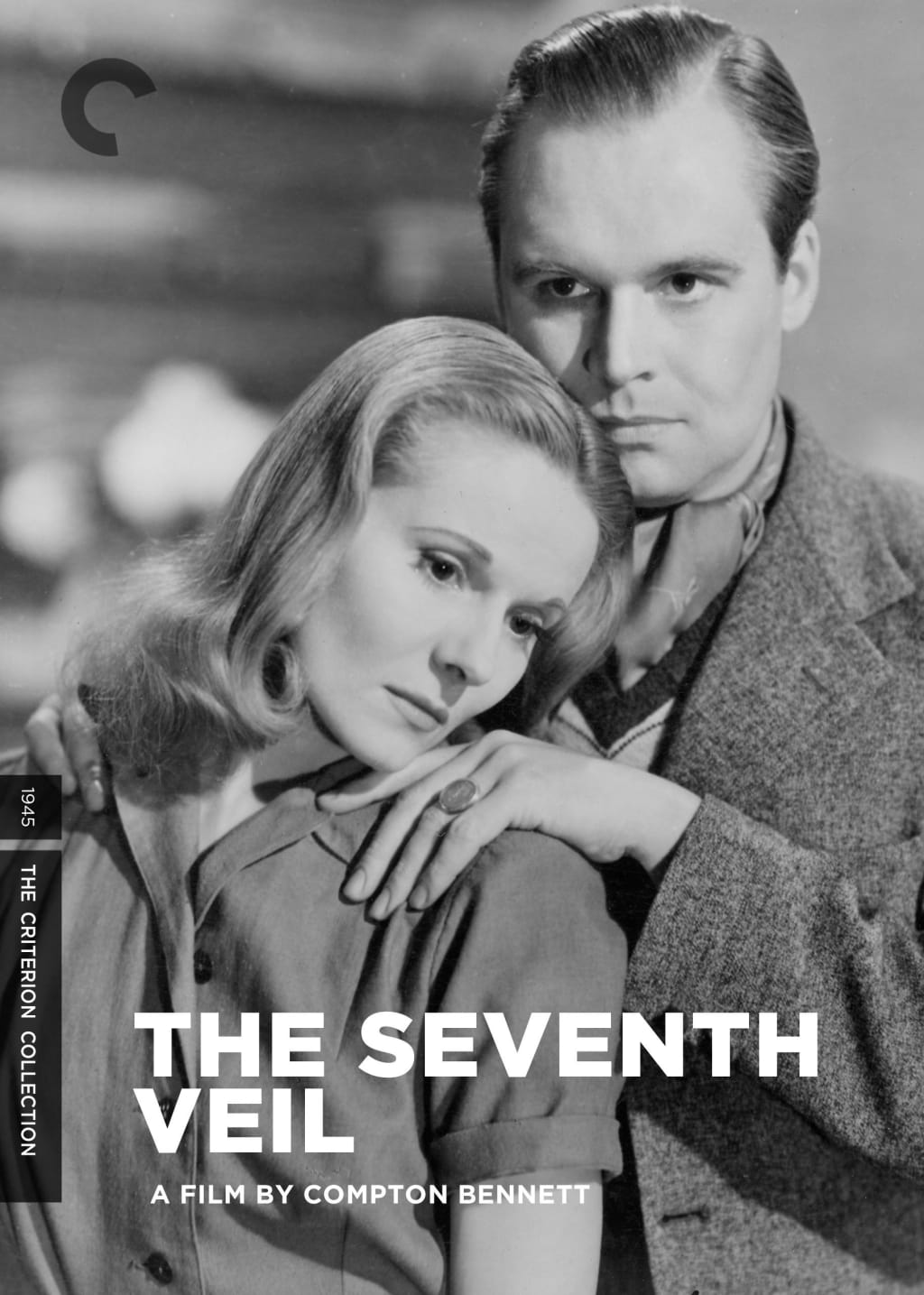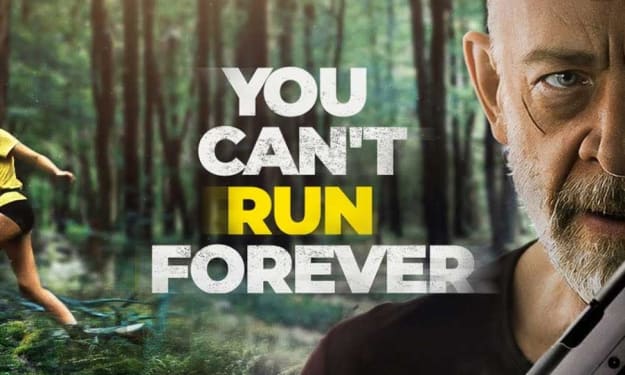A Filmmaker's Review: "The Seventh Veil" (1945)
4/5 - A psychological thriller classic of mid-20th century cinema

A film without much remorse, this psychological thriller classic is about a trapped pianist who is forced to become one of the greats as her mental state slowly gets compromised. She seeks out more meaning to her life, but is shunned by her overlord and protector - a man who believes that he is above her in every way and that she owes him her life. This man is called Nicholas, but he is troubled in his own degree, eventually he cracks under the pressure of being stood up to and something wild happens. It is a sudden turn of events that changes every single character in the film and their walks of life.
The film starts with a suicide attempt and then, the psychiatrist investigates the reason behind it. Unfortunately, the reasoning is just as upsetting as the jump from the bridge itself. There is a great amount of detail as the woman sleeps and regresses into her past. As we get deeper into what she went through, we get more sympathetic towards her. The dialogue is absolutely brilliant because the build towards the tensions of the arguments make for excellent viewing, you can’t seem to take your eyes off the screen. When hell finally breaks loose, there is a sudden moment of realisation of how bad the situation really is. At first, you don’t really believe that it’s true - but when Nicholas is challenged, there is something that goes so badly wrong that everything about the movie changes in perspective. I call this the volta of the piece of poetry that is this psychological thriller.
There is a great amount of tension in the film, through the characters we see each of their own personal concerns very clearly. First of all, we have the protagonist herself who is subject to isolation and forced compliance in labours through long hours and arduous tasks. But, she is convinced it is for her own good. Secondly, we are merely told of the fact that Nicholas himself once faced hardships and abuses, but we aren’t told of what. This may actually be a case of the abused becoming the abuser. Thirdly, we have the man who is in love with the protagonist, he seeks to get her out of Nicholas’s grasp but is fairly unsuccessful until things take a turn for the worst.
There are many reasons to watch this movie and only one of them is the presentation of genre. In the fact that it is a psychological thriller, it must present us with the psychological aspects (which it does very well) and the thrilling tropes we become used to in later Hollywood films. The thrilling element is not only the build of tension, but is also the sudden happenings (as in the turning point of the film). We then also have the expectation of happening. This isn't exactly tension because even after the scene, we are still expectant of something - let me show you an example:
When she is playing the piano before she faints, I think this scene is possibly one of the greatest builds of tension in any psychological thriller before the Golden Age of Hitchcock. It’s a brilliant achievement of a scene and you really need to watch how it fits into the movie. The protagonist is watching her old friend whilst she chatters away without a worry in the world, whilst also playing the piano. When it comes to Nicholas, he is looking on smiling and then, we have the speed and pitch of the music, it creates a strange stirring which isn’t exactly just tension, it is also an expectation of something. The protagonist begins to cry - which presents to us the aspect of sympathy. We feel sorry for her and so, we are more invested in the scene. When she finally faints, there is a big scene made about her being on the floor and yet, we are still in this moment of tension. Even though the scene has finished to a degree, the reason why we’re stuck in this expectation, this tension is because of Nicholas. We seek to know what he will do next.
This movie is a brilliant example of early psychological thriller. It bases itself on aspects of mental abuse and emotional manipulation, which for the day was fairly advanced unless you’ve seen the old version of “The Man Who Knew Too Much” (1934) like me. You need to see this movie, especially if you’re a Hitchcock fan - this is very to his early tastes.
About the Creator
Annie Kapur
200K+ Reads on Vocal.
English Lecturer
🎓Literature & Writing (B.A)
🎓Film & Writing (M.A)
🎓Secondary English Education (PgDipEd) (QTS)
📍Birmingham, UK






Comments
There are no comments for this story
Be the first to respond and start the conversation.